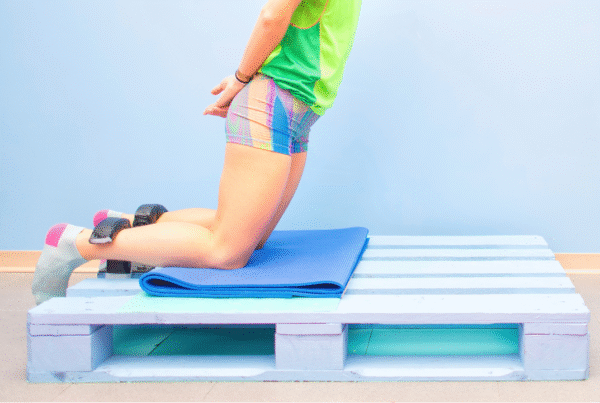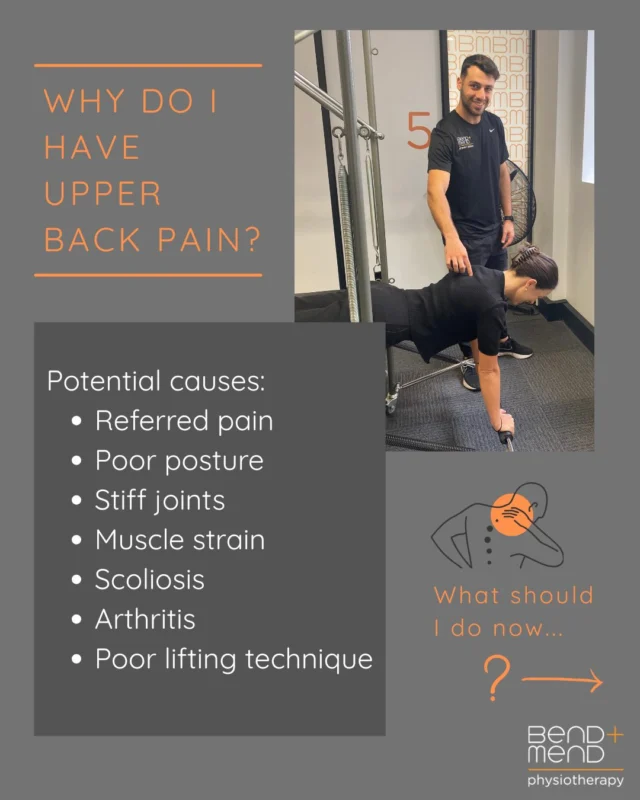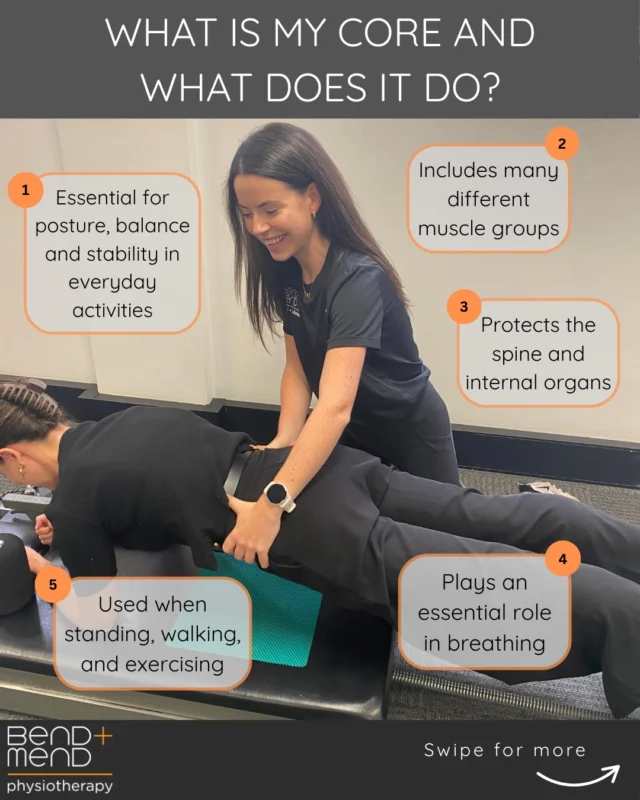Calcific tendinopathy is a fascinating and painful condition characterised by the formation of calcium deposits within tendons. Most commonly, this occurs in the rotator cuff tendons of the shoulder, in particular the supraspinatus tendon, although it can be found in other tendons of the body, e.g. the hip flexor tendons. Currently, the cause of this disorder remains unknown, but there is emerging evidence to suggest biological and genetic factors underlying the calcific deposition followed by spontaneous resorption within tendons.
The disorder involves 3 subsequent stages:
- Pre-calcific phase: 3 to 9 months with mild levels of pain
- Calcific: 9 to 12 months with severe pain
- Post-calcific: 12 to 18 months with little pain
Some people experience severe and unremitting pain, whereas others may have pain with movement, or a restriction of movement only. It can also present quite similarly to that of frozen shoulders, so it is important to see your physiotherapist if you have symptoms to obtain a correct diagnosis and management plan for your shoulder pain.
Literature on the origins of calcific tendinopathy is rather controversial, and several pathological processes have been hypothesised: degenerative, repetitive trauma, tenocyte necrosis (death of tendon cells), reactive and endochondral ossification (bone formation). Further, age, BMI, metabolic illnesses (diabetes and thyroid disorders) have been associated with the development of this condition. Nevertheless, reasons for why calcium deposits occur in some individuals and not others are incompletely understood, however research in this area is ongoing and likely to further progress our knowledge in the near future.
There are several treatments for calcific tendinopathy, with physiotherapy and nonsteroidal anti-inflammatory drugs (NSAIDs) being first-line management, followed by corticosteroid injections in later stages. Surgery is recommended only if conservative treatment is unsuccessful.
If you have been diagnosed with, or are suspected to have, calcific tendinopathy, book an appointment with one of our experienced Physiotherapists for a thorough assessment before exploring your treatment options.





